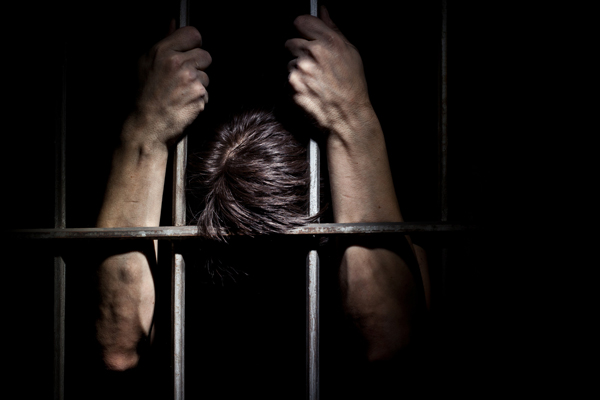Upholding Medical Standards in Correctional Facilities
August 26, 2023

Incarceration places a unique burden of responsibility on correctional institutions. When an individual is incarcerated, their well-being becomes the responsibility of that institution. In essence, they are under the correctional facilities care. Therefore, it is deeply disturbing when facilities fail to provide adequate medical care for those in their charge. Such negligence does not merely reflect institutional oversight; it signifies profound moral and legal failures. Here, we explore the critical facets of correctional healthcare and emphasize the need for institutions to be held accountable.
- The Weight of Responsibility: Being imprisoned restricts many freedoms, including the freedom to seek medical care independently. It becomes the facilities duty to ensure inmates’ health needs are met adequately and humanely.
- Challenges in Delivery and Quality: Despite this moral and legal duty, many institutions display alarming inconsistencies in the quality and promptness of care. Such disparities can lead to grave consequences, from untreated chronic conditions to mental health crises.
- The Silent Epidemic of Chronic Illness: Inmates often grapple with chronic medical ailments like HIV, Hypertension, and Diabetes. When facilities fail to provide consistent care for such conditions, they risk exacerbating these illnesses, leading to long-term complications and even premature death.
- Mental Health Neglect: The high prevalence of mental health issues among inmates requires dedicated resources and attention. Ignoring or inadequately addressing these needs can lead to tragic outcomes, both within the prison walls and upon an inmate’s release.
- The Perils of Overcrowding: Overcrowded facilities often strain medical resources to breaking points. But budgetary or space constraints should never be an excuse to compromise on essential medical care.
- Cost-Cutting at What Price? While it is understandable that correctional institutions seek to manage costs, sacrificing essential healthcare due to budgetary constraints is both ethically and legally untenable.
- The Potential of Telemedicine: Innovations like telemedicine offer a glimmer of hope, allowing remote consultations and care. Such advancements should be utilized to fill gaps, not replace comprehensive on-site care.
- Catering to the Vulnerable: Specific inmate populations, like the elderly or individuals requiring prenatal/postnatal care, have distinct health needs. Failing to address these appropriately compounds their vulnerability.
- The External Healthcare Route: If a correctional facility cannot provide necessary care in-house, transporting inmates to external medical facilities is not just a good practice—it is their duty.
- Facing the Staffing Challenge: A facilities healthcare is only as good as its medical staff. Institutions must prioritize hiring and retaining qualified professionals to uphold their duty of care, or hire companies to handle their staffing needs.
Conclusion
When correctional institutions falter in their duty to provide appropriate medical care, they inflict harm not just on the inmates but also on their families. This is not merely about meeting legal standards—it is about upholding human dignity. Institutions that deviate from the accepted standards of care in providing necessary medical treatment should face consequences, ensuring that those in their charge are treated with the compassion and respect they inherently deserve.
